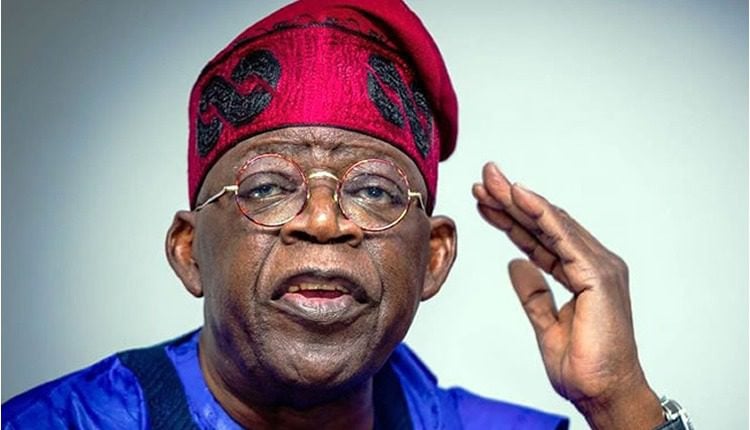At the Second Africa Minerals Strategy Group (AMSG) High-Level Roundtable on Critical Minerals Development in New York, held alongside the 80th United Nations General Assembly, Nigerian President Bola Ahmed Tinubu, represented by Vice-President Kashim Shettima, urged African nations to assert control over their mineral resources and reform the exploitative global financial system.
In a statement released on Tuesday by Stanley Nkwocha, Senior Special Assistant to the President on Media and Communications, Tinubu outlined key steps for Africa to achieve mineral sovereignty:


1. Independent Financing: Tinubu emphasized the need for Africa to finance its mineral sectors autonomously, leveraging sovereign funds, blended vehicles, and innovative tools like the Africa Mineral Token. “Africa shall finance Africa,” he declared, advocating for collective power in global supply chains to protect resources like cobalt, lithium, graphite, gold, and rare earths.
2. Geological Sovereignty: Through the African Minerals and Energy Resource Classification (AMREC) and the Pan-African Resource Reporting Code (PARC), Tinubu stressed that Africa must own its geological data. “We will no longer beg for knowledge of our own land,” he said, calling for standardized, African-owned data.


3. Exploration and Mapping: He urged governments to prioritize mineral exploration and national geological mapping to unlock value and ensure sovereignty. “Every member state must strengthen geological agencies and pool expertise through AMSG,” Tinubu noted.
4. Proactive Leadership: African leaders must take ownership of financing their future, using innovative financial tools and partnerships with sovereign wealth funds, private sectors, and development allies.
Tinubu highlighted countries like Nigeria, Uganda, Zimbabwe, Burkina Faso, Mali, Botswana, Gabon, and Ghana for leading efforts in banning raw mineral exports to promote domestic beneficiation. He cited Zimbabwe’s 2022 raw lithium ban, Gabon’s planned 2029 manganese export halt, and Kenya’s restrictions on raw gold exports as bold steps toward industrialization and job creation.


Commending Nigeria’s Minister of Solid Minerals Development, Dr. Dele Alake, and Uganda’s Secretary-General, H.E. Moses Michael Engadu, Tinubu pledged Nigeria’s commitment to AMSG’s mission for a mineral-led African renaissance. He called for a unified communiqué to drive action.
Dr. Alake echoed the need for cohesion and transparency in the mineral sector to support sustainable development and industrialization. UN Assistant Secretary-General Ahunna Eziakonwa warned against exploitation, urging partnerships for technology transfer and job creation. EU Commissioner Jozef Stkela highlighted the EU’s 2024 Critical Raw Materials Act, noting 14 strategic partnerships, including four in Africa, to diversify supply chains.




